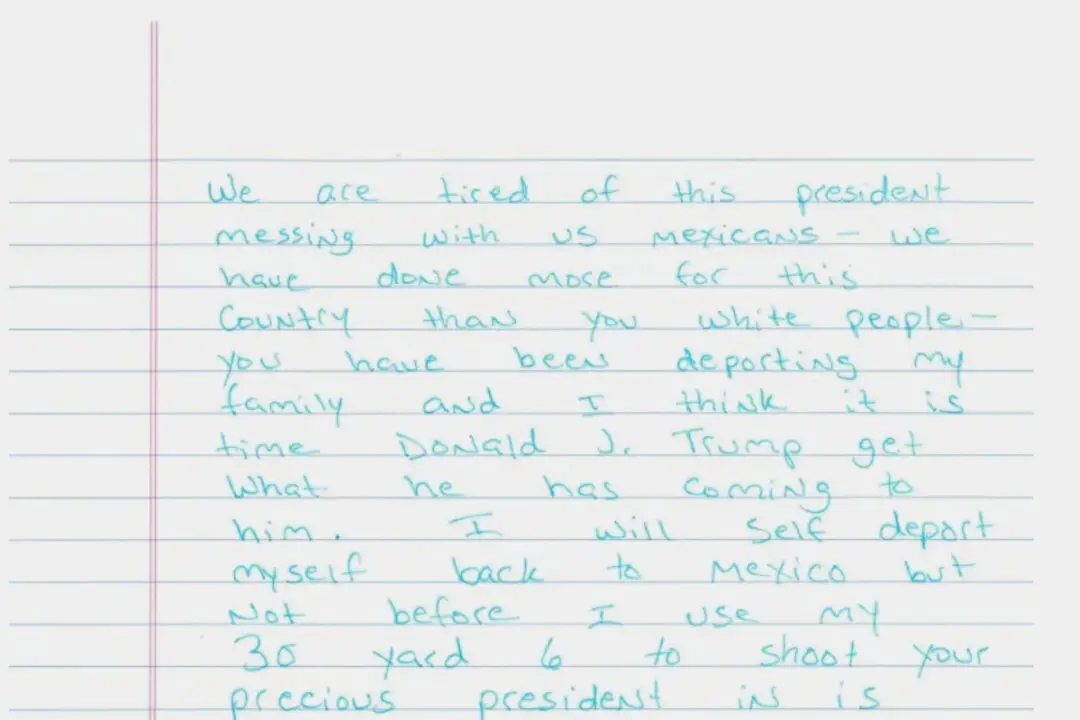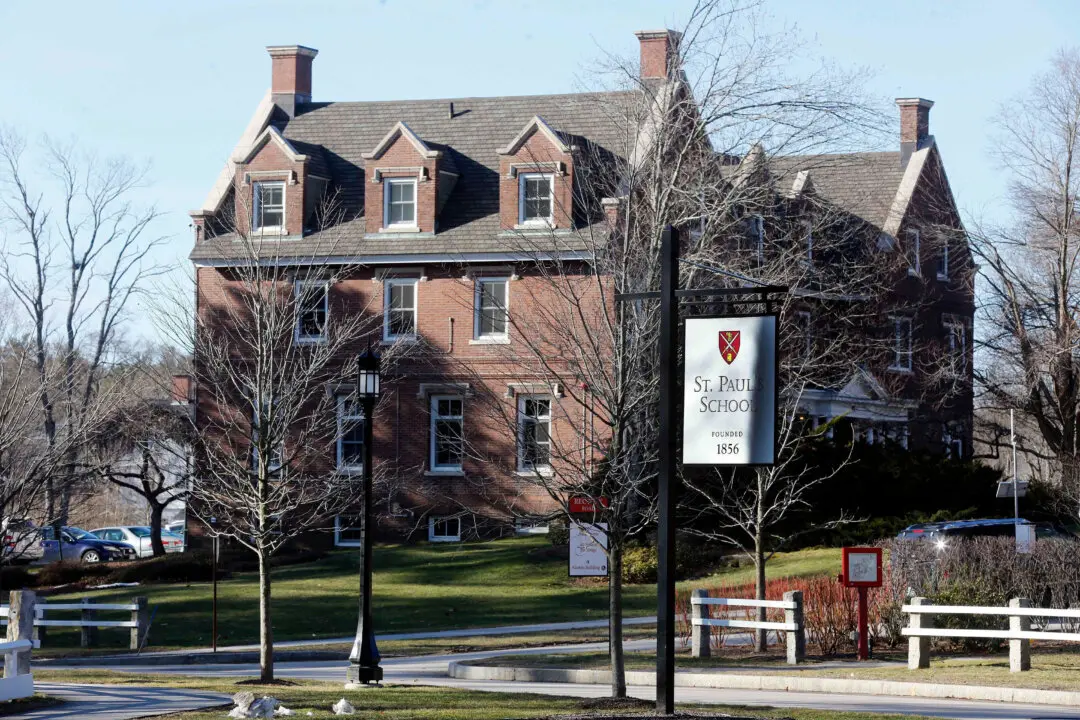BEIJING—Officers from the United States and Taiwanese coast guards have met to discuss improving cooperation and communication despite efforts by China to isolate the self-governing island democracy.
The virtual meeting held Tuesday came amid moves by the United States and others to defy Beijing’s pressure campaign aimed at compelling Taiwan to accept its view that the island is part of China.





